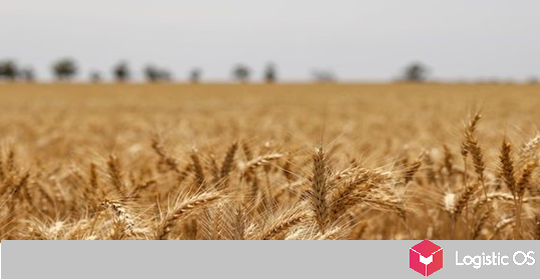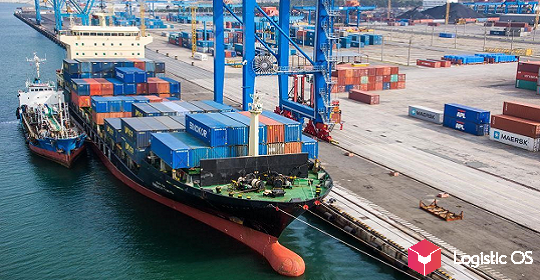The government is currently considering food export restrictions as an extreme measure, but they may still resort to it.
The food security of Russian citizens remains the government’s undoubted priority at the moment, noted Deputy Prime Minister Dmitry Patrushev.
To achieve this goal, the government can use various levers, including strengthening export restrictions.
At the same time, there is an understanding that the Russian Federation has been making great efforts in the competition for foreign markets for many years.
It would be reckless to lose them again by thoughtlessly introducing restrictions on the export of agricultural products, the official believes.
At the same time, it cannot be said that no restraining factors for export are currently working.
On the contrary, over the past few years, one can see how such measures are gradually being introduced. In particular, export duties on vegetable oils and grains, as well as quotas for the export of certain types of agricultural products, are working.
In addition, import conditions are being relaxed to ensure the availability of certain types of goods within the country. In particular, at the end of 2024, a quota for duty-free import of butter was introduced, and there is also a similar quota for import of beef.
The expert community notes that it makes no sense to introduce export restrictions on all types of products, since many categories are not exported abroad in significant quantities at all.
For example, this applies to most vegetables and fruits grown in the Russian Federation, which are mainly used to cover domestic demand.
At the same time, introducing a duty on other categories of products can be effective.
For example, these are meat and dairy products, which are still not produced in sufficient quantities to meet domestic demand in the Russian Federation, despite the fact that importing such products is expensive.
Export could also be attractive for Russian farmers, since the cost of production is relatively low due to affordable feed, the prices for which, moreover, have now further decreased.
However, in this case, there is a risk of a shortage of meat and milk within the country, as well as the penetration of world prices into Russia, which means their significant increase.
It is interesting that until now Russia has introduced export restrictions on those products whose production is significantly higher than consumption, this is true for grain and oil and fat products.
The government does not plan to expand this practice, except in cases where there are no other working mechanisms to combat the deficit within the country.

